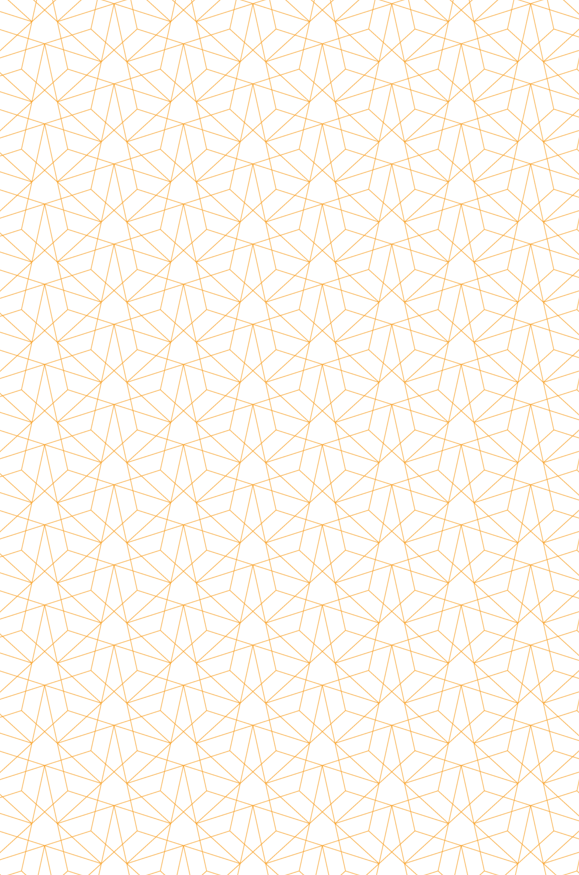His Excellency José Ramos-Horta, President of Timor-Leste, will Address the National Press Club of Australia.
"Timor-Leste demonstrated that nothing solid or lasting can be built on the denial of people’s fundamental rights. It demonstrated the value of reconciliation and establishing good neighbourly relations. And that with international solidarity, peace, freedom and democracy can thrive.
The world can learn much from Timor-Leste, especially at a time when conflicts are multiplying and geopolitical tensions are worsening. And in a context of worrying dysfunctionality in the relationship between Powers and growing impunity in the face of violations of human rights and international law."
– Antonio Guterres, United Nations Secretary General, August 2024
His Excellency Dr José Ramos-Horta is visiting Australia as a guest of the Australia Institute, as part of its 30th anniversary celebrations.
Timor Leste is one of Australia’s closest neighbours and allies. However, many Australians are not aware of the history of Timor Leste, the Timorese fight for independence, or how the futures of our respective countries are intertwined.
While strategic dependence on power is often promoted as the path to national security, former Prime Minister and now President of Timor Leste, José Ramos-Horta, has direct experience building a democracy from scratch and knows what is at risk when a nation loses geopolitical autonomy. Against the threats of climate change, food insecurity, and rising inequality, to achieve true security in the Asia-Pacific region, nations need to build respect, genuine partnerships and support each other to flourish.
On the 25th anniversary of Timor Leste’s historic vote for independence, following years of resistance against foreign occupation, President Ramos-Horta will reflect on the importance and fragility of national independence, and how the stability of the Asia-Pacific region relies on respecting our differences and confronting shared challenges together.
Biography
HE José Ramos-Horta is the President of Timor-Leste and a Nobel Peace Laureate. He has dedicated his life to fighting for Timorese freedom from oppression.
President Ramos-Horta served as the exiled spokesman for the East Timorese resistance during the years of the Indonesian occupation (1975 to 1999). In 1996, he was awarded the Nobel Peace Prize for his advocacy of human rights and self-determination for the Timorese people.
After the 1999 referendum in which the people of East Timor voted overwhelmingly for independence from Indonesia, Ramos-Horta returned to his homeland for the first time in 24 years. He served as foreign minister under the provisional United Nations administration (2000–2002) and during the first four years of independence (2002-06), and was selected as Prime Minister after the political and social crisis that led to the resignation of the first government in 2006. In 2007 he was elected president of the Republic, receiving over 70 percent of the votes cast.
In the years following, Ramos-Horta was Under-Secretary-General and Special Representative of the UN Secretary-General in Guinea-Bissau 2013-2014). And in 2014-2016 he was Chair of the High-Level Independent Panel on UN Peace Operations.
On 21 April, 2022, in a landslide election victory, José Ramos-Horta was elected President of Timor-Leste for a second term. He continues to provide national and global leadership, and remains a dedicated advocate for the Timorese people.
























































































